There's been a lot of discussion lately about the practical uses of Google Glass. Sure, you can use them for translating text instantly or further engraining yourself in social media, but how about saving someone's life?
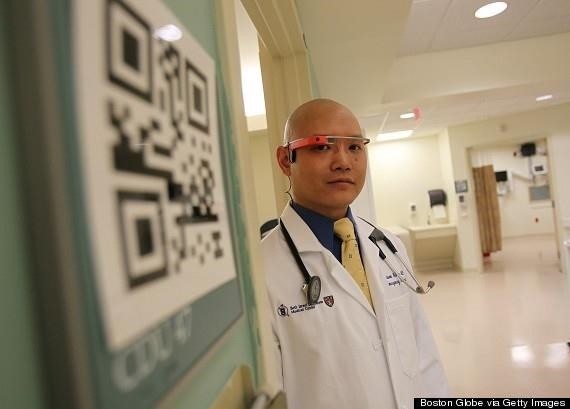
That's precisely what Dr. Steven Horng of Beth Israel Deaconess Medical Center has says happened with a recent patient of his. After launching a Google Glass pilot program late last year, the device was seen as a critical factor in saving the life of a patient in January.
After admitting a patient with a severe brain bleed, Dr. Horng knew he had to act fast to curtail the bleeding. Only problem was, the patient had lost track of his medication allergies, and giving him the wrong drugs would have caused more harm than good. Since time was of the essence, conducting on the spot research or leaving the room to hunt down the patient's file would have cost critical time.
Instead, he turned to Glass. In an instant, he had the man's medical record right in front of his eyes, literally. With the requisite information "in hand", his team was able to quickly administer the proper medications to lower the patient's blood pressure, allowing the doctor to properly treat the brain bleed.
While this may seem like a simple task, in medical situations, every second counts. And being able to stay with the patient and maintain focus where it needs to be, people in dire situations can feel comfort knowing that their doctor's attention is squarely on them.
Uses for Glass in the medical field have the potential to be vast. Surgeons can map critical brain structures and have instant access to scans, nurses can have immediate access to medical records, EMTs can pull up patient data seconds after a call comes in, and patients can feel comfortable knowing all their relevant information is a few simple phrases or taps away.
The medical field has embraced the tech, as evidenced by pilot programs cropping up all over the world, including Indiana University Health Methodist Hospital, Morristown Medical Center, and Wexner Medical Center, just to name a few.
On April 15th, anyone in the US can sign up to purchase Glass and become a Glass Explorer. Maybe your uses won't be lifesaving, but that doesn't mean they're not important (and curiosity counts as well!). If the idea of the product only brings up thoughts of Glassholes, it may be time to change your thinking.
Just updated your iPhone to iOS 18? You'll find a ton of hot new features for some of your most-used Apple apps. Dive in and see for yourself:
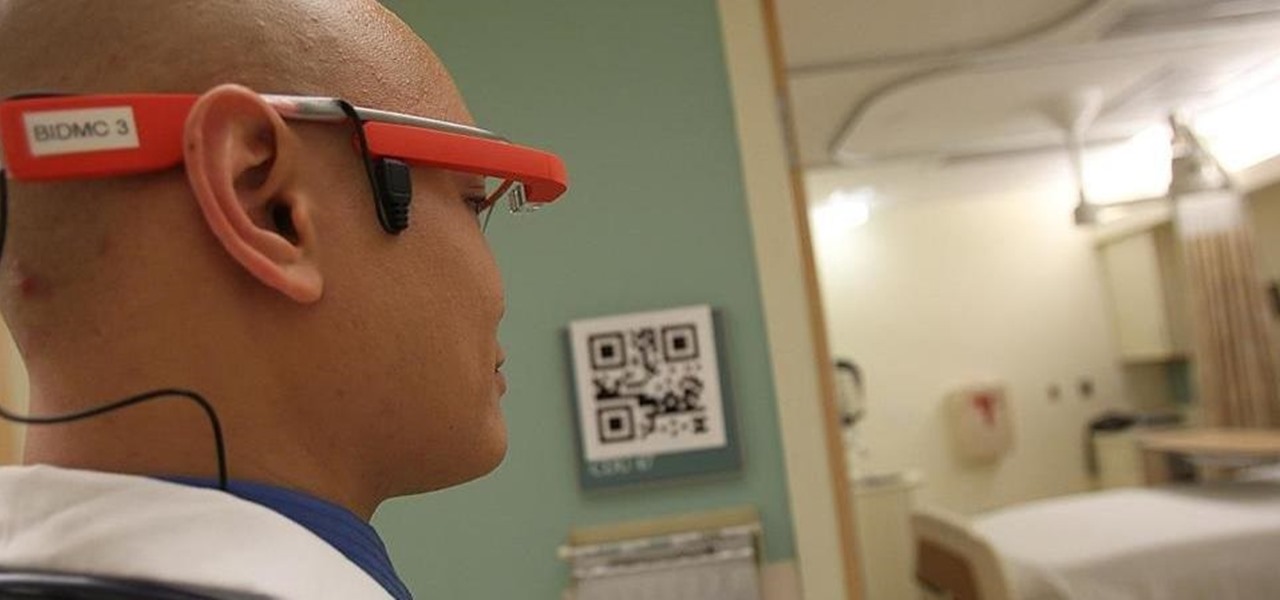


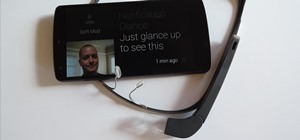
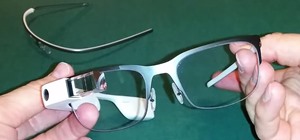

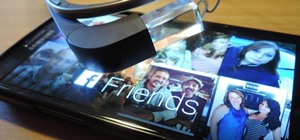
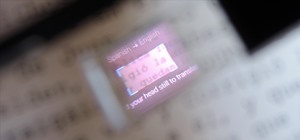
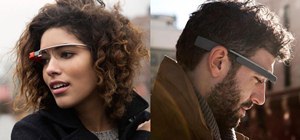



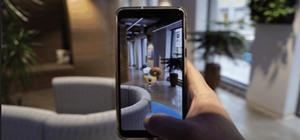

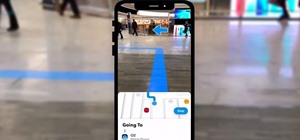
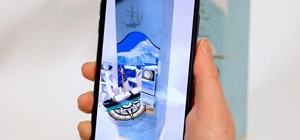
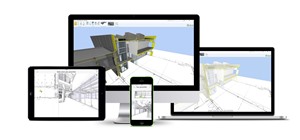
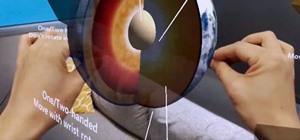
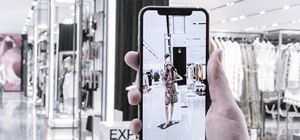
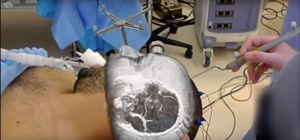
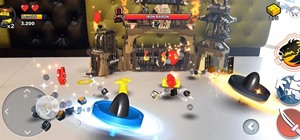

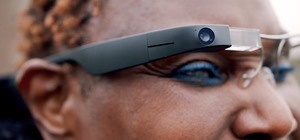
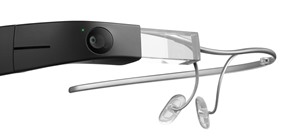
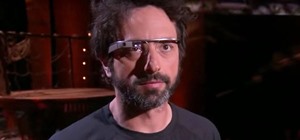
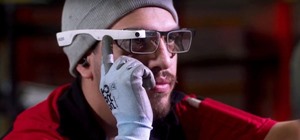
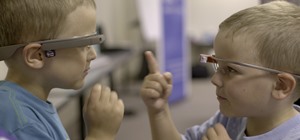

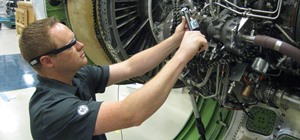
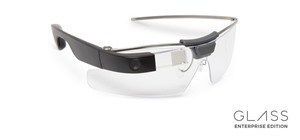


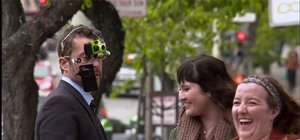
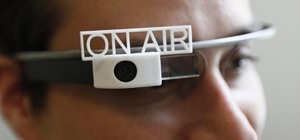
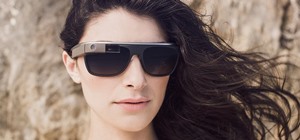

Be the First to Comment
Share Your Thoughts